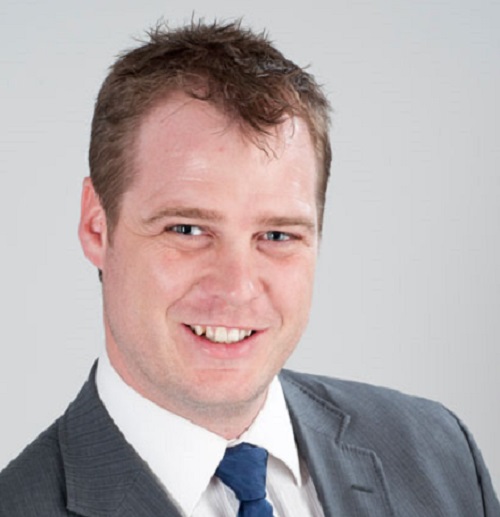
Brokers have vowed to continue to work with Dual Australia after the underwriter fell victim to a $17m employee fraud – but the incident is proof that any business can be targeted.
Former senior claims officer Josie and her husband Alvaro Gonzalez allegedly set up a law firm and invoiced the underwriter $17m of fictional legal charges. Brokers told Insurance Business they will continue to place business with the underwriter, but concede it highlights the need to have internal controls.
“I have known Damien Coates and Leo Abruzzo for more than 20 years. I know they are devastated by the events that have occurred,” Robert Cooper, director at Cooper Professional Risks, told Insurance Business. “When you trust staff and give them ownership, and they steal from you it is a real kick in the gut.”
“[The employee fraud case] remind us to constantly review our anti-fraud systems […] as this could happen to any business.”
 John Elliott, director of Elliott Insurance Brokers, said the incident would not change his relationship with the underwriter. “Their product offering has not changed, their service has not changed and therefore our relationship with Dual, remains unchanged.”
John Elliott, director of Elliott Insurance Brokers, said the incident would not change his relationship with the underwriter. “Their product offering has not changed, their service has not changed and therefore our relationship with Dual, remains unchanged.”
Shane Moore, managing director of TradeRisk, said he too would stick with Dual but suggested employee fraud is on the rise because processes in big businesses are increasingly automated.
“We hear about the big ones like this, but how many other smaller frauds are happening that no one knows about? I’m sure there are more that either haven’t been detected, or have not gone public,” he added.
Experts warn employee fraud is a case of when, and not if. “People are resorting to fraudulent activity in the workplace to maintain their lifestyle because of the sharp rise in the cost of living,” said Natalie Evans, the managing director of Employment Screening Australia.
Frank O’Toole, lead partner for forensic NSW, Deloitte said an inherent fraud risk exists as soon as people and money come together. Although fraud may see more commonplace in smaller organisations, large organisations were also prime targets, he warned. 
“The controls framework tends to be better in large companies but on the other hand, they have more people, money and processes that can be infiltrated. The risk is, arguably, more significant.
“It is inevitable that a big business is targeted. If a big organisation hasn’t encountered fraud, it’s likely they just don’t have the systems in place to find it.”
Evans said the ramifications of employee fraud can be extremely severe. “Managers regard everyone with suspicion. The workplace changes from one what was a happy place where everyone is looking over their shoulder.”
It can result in a huge financial loss too, O’Toole warned. “We’ve seen share price dips because of major internal fraud issues. We’ve seen the clients leave companies in droves.”
One of the most significant issues is the impact a breach can have on a company’s reputation.
“The community thinks if you can’t manage your own employees so how will you protect your stakeholders,” O‘Toole said. “Companies might also struggle to attract the best recruits. People question whether that is a company they want to be a part of.”
“It is important to have the right process in place to prevent, detect and respond to it,” O’Toole added. “Unfortunately, we won’t have an outbreak of honesty that will eradicate fraud.”
